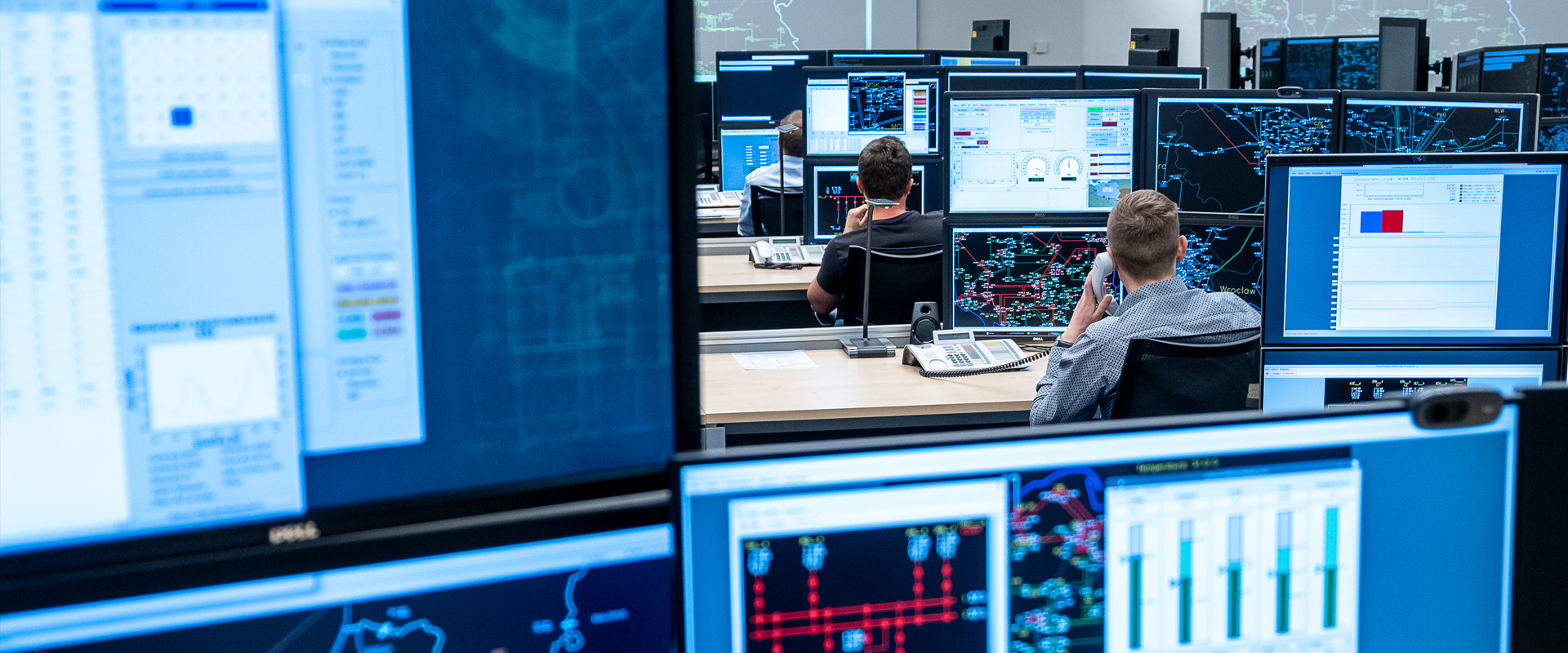Recruitment and employer branding activities
In 2020, the ongoing COVID-19 pandemic had a significant impact on the hiring processes and the employer branding activities, including PSE's participation in job fairs. Our recruitment processes were conducted mainly remotely, which allowed us to acquire new employees without any interruptions. PSE also offered places for students and college graduates to gain their first work experience through an internship program.
GRI 103-3
In 2020, PSE continued its participation in the “Energy for the Future” internship program carried out in cooperation with the Ministry of Climate and Environment (formerly the Ministry of Energy) and companies from the power sector (PKN Orlen, PGNiG, PGE).
The goals of the program are as follows:
- building human resources for the Polish power sector by attracting the best students from technical universities interested in working in this sector;
- familiarizing interns with the specifics of working in the country's key power companies and the Ministry of Climate and Environment;
- preparing interns for employment in the power sector.
In 2020, PSE accepted 5 interns as part of the program. Internships were organized remotely or onsite, with sanitation and safety restrictions.
Energy Academy
Energy Academy – a training and education project of the Lesław A. Paga Foundation – is addressed to those who see their future professional careers in the power sector. Its purpose is to provide an opportunity to learn about the best practices in the industry. As part of the 2020 undertaking, a meeting was held with the Managing Director of the Department of System Management, the topic of which was: “The National Power System: the way towards modern market solutions”.
Job fairs
In order to increase the effectiveness of the recruitment processes and to attract the best candidates, PSE participated in selected events organized as job fairs, the Data Science Summit 2020 Conference and Warsaw IT Days. The pandemic affected the way the events were organized also in this area. Apart from direct participation in the fairs, PSE presented its offer in the Catalog of the 25thJob and Internship Fairs for IT and Electronic Engineers at the Faculty of Electronics and Information Technology of the Warsaw University of Technology in the on-line version.
Other initiatives to support the recruitment
In 2020, our organization continued its employer branding efforts by promoting job offers on the company's LinkedIn profile, and by conducting the “Fridays with a Recruiter” information campaign on LinkedIn to encourage participation in our hiring processes.
In October 2020, PSE joined the Coalition for Friendly Recruitment. In this way, our company has joined the group of approximately 350 employers promoting friendly recruitment practices and building better standards in this area.
Onboarding
One of the important elements for an employee to function properly in an organization is a smooth onboarding process. For many years, we have regularly conducted “Compass Towards a Start” training sessions, during which newly hired employees are introduced to the most important information about PSE. Additionally, the participants of the training receive a manual entitled “The Compass Towards a Start”, which outlines the issues relevant from the point of view of a new employee in a user-friendly way.
Psychological support for employees
A long-lasting pandemic and the accompanying uncertainty and the need to make changes in the way we function is associated with increased stress and uncertainty for many people. In order to prevent this from happening, PSE provided opportunities for individual consultations with a psychologist for everyone interested. The consultations are anonymous and completely confidential.
Additionally, to help alleviate the stress levels in employees, we offer training opportunities in stress management, mental toughness, and managerial stress.
HR newsletter
Since 2017, the Department of Human Resources Management has been publishing a weekly HR newsletter that communicates all the relevant HR information in a clear and transparent way. This form of communication was previously used to address the directors, who distributed materials to managers and employees as needed. In order to improve access to current HR information, the group of the newsletter recipients was expanded in 2021 to include managers. Currently, approximately 400 people are receiving HR news.

 Total number of employees by gender
Total number of employees by gender
 2020
2020


 Percentage of employees subject to regular job quality assessments and career development reviews by gender
Percentage of employees subject to regular job quality assessments and career development reviews by gender
 Employees covered by a collective labor agreement
Employees covered by a collective labor agreement